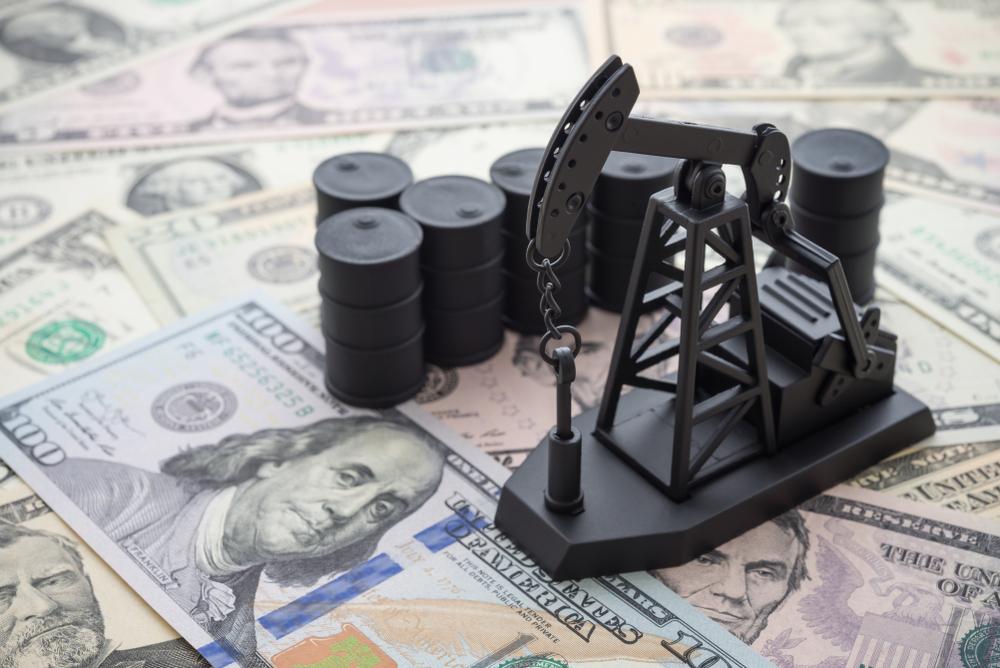As a result of the global recovery from the Covid-19 Pandemic, oil prices have soared as travel and business return to normal. This boom is unlikely to last though, because of the large amount of oil that nations like Saudi Arabia and other members of OPEC+ were able to stockpile during the pandemic.
According to the International Energy Agency (IEA), it is unlikely that oil prices will continue to rise or enter a “supercycle,” in contrast to the opinions of experts who expect the price of crude oil to surge to $100 per barrel up from the recent sharp increase to $70.
The latest monthly report from the IEA states that “oil inventories still look ample compared with historical levels,” and noted a decision from the largest global suppliers of oil to continue restricting the supply of oil. OPEC, the Organization of the Petroleum Exporting Countries, plans to continue restricting the supply of oil through April after the world has had additional time to recover from the pandemic.
OPEC initially cut its production of crude oil in January with plans to keep it steady through February and March. In January, Saudi Arabia announced that it would cut its own production of oil by one million barrels per day — leading to instability and volatility in the oil market. Saudia Arabia will continue with slower production through April.
In addition to the cuts this year from OPEC and Saudi Arabia, OPEC cut its oil production by nearly 9.7 million barrels per day last year, and the United States also reduced its oil production to help the price of oil recover.
Experts believe that the cuts in oil production will reduce the global stockpile of oil enough to continue to increase its value. After the price of oil fell below zero in the United States at the beginning of the Covid-19 Pandemic, OPEC nations need to continue to stay on the low side of their oil production if they want to keep making money.
According to the energy minister of Saudi Arabia, there is “unpredictability and uncertainty” in the oil market that makes it unclear if oil will continue to increase in value in the coming months. Although the global economy has been recovering steadily as people receive vaccinations and travel restrictions are lifted, there is still volatility in the market that could result in declining prices.
Currently, the price of crude oil has fully rebounded and regained the value it lost at the beginning of the pandemic last year. The global benchmark for the value of oil, brent crude, is trading just below $70, while oil prices in the United States have shot up to around $65 from below zero last year.
While the cuts from OPEC, the United States, and Saudia Arabia to oil production will help reduce global oil inventories, it will take time before the cuts make a big enough difference to change the value of oil. According to the IEA, “there is more than enough oil in tanks and under the ground to keep global oil markets adequately supplied.”













